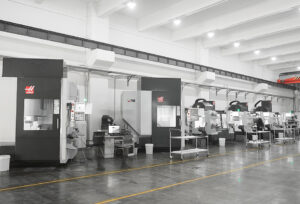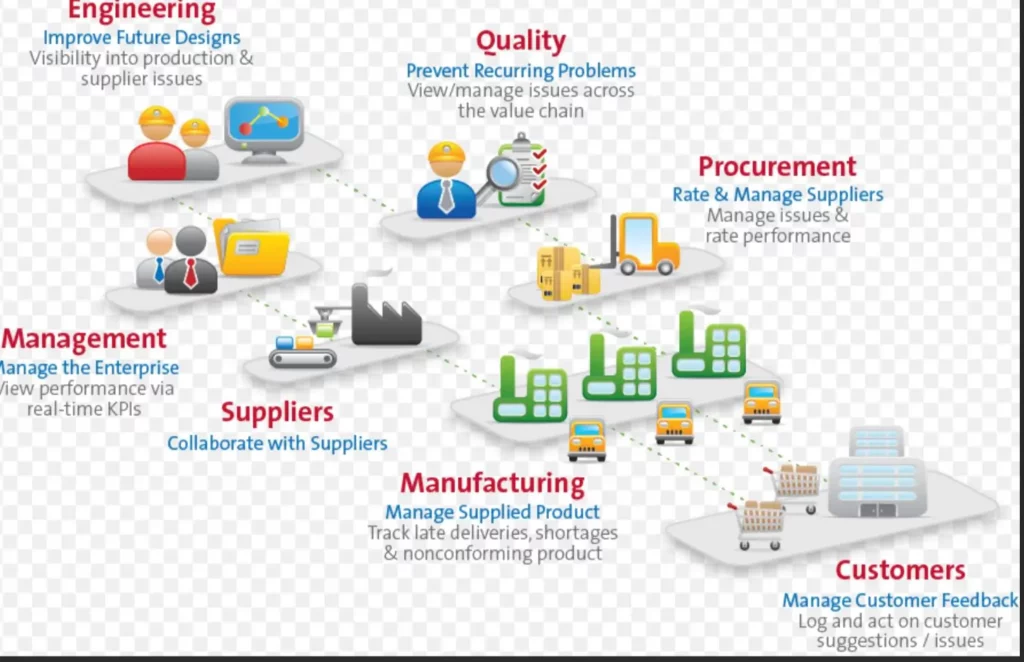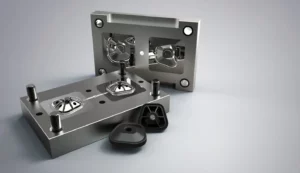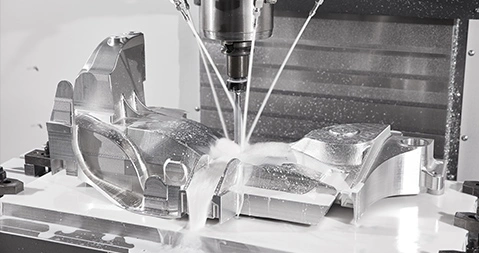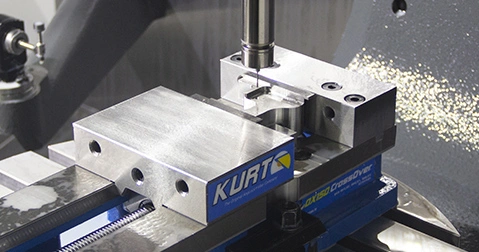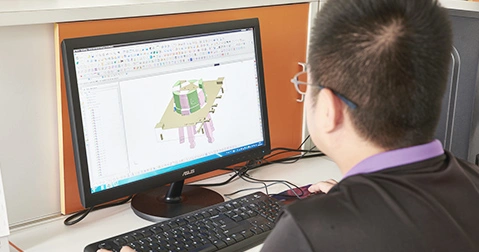Improving your Supply Chain with Digital Manufacturing
Cost, logistics and turn-around time are inarguably some of the biggest challenges facing suppliers. Because of the demands and advancement in technology, manufacturers and businesses continue to seek feasible solutions to improve their conventional supply chain into an optimal system that will deliver on time, intact and at the lowest cost possible.
One of the ways to achieve an optimal supply chain is to consider digital manufacturing. With companies like First Part in China, companies and manufacturers can enjoy a superior services of agile, reliable, effective and cost-efficient supply all based on a digital supply chain system. So, how exactly can digital manufacturing improve your business? Here are 6 phases of supply chain to consider.
Cost
In order to remain profitable, businesses must master the art of remaining cost effective. In fact, being able to deliver the highest value at the lowest possible price is one of the KPIs of most procurement units. Most businesses, when looking to cut cost, will try to increase the volume of units to be manufactured. This is a strategy that will often work when exploring manufacturing technologies like injection molding and other processes that involves tooling. In other cases where a supplier genuinely only requires a smaller unit of the product, the best way to advance will be to explore digital manufacturing. With techniques like CNC machining or digital 3d printing, businesses can deliver high-quality parts to customers without incurring tooling costs. These techniques also facilitate low to mid-volume manufacturing and take lesser time and consequently less money to manufacture end-use parts.
Delivery time
Successful companies continually strive for agility and speed in each phase of their product manufacturing cycles. Accelerated deliveries and reliable manufacturing speed can all be managed to deliver a quicker turnaround time in product development. From idea to product lunch and growth, digital manufacturing provides a means of quickly validating prototypes through rapid prototyping and 3D printing. Digital manufacturing solutions also exist for conventional techniques such as sheet metal fabrication, injection molding and CNC machining to ensure delivery of low-volume components in the same number of days, not months as would have been the case with traditional methods.
Digital manufacturers often ship completed parts in as fast as 1-day. The key is to find a reliable digital manufacturer that can deliver a true on-demand service across a variety of production methods.
Quality control
Digitization uses automation and speed to perform an extensive array of quality system checks and final design evaluations in a way that remains unmatched by human capacity. As precision, accuracy and conformity to specifications remain the hallmark of a quality job, digital softwares and quality systems are significantly more adept at ensuring that the procurement, processing and delivery processes are run with the right set of materials, under the right process parameters to ensure the creation of an end part that is non-deviant from the customerʼs intended specifications.
Some digitized aspects of todayʼs supply chain systems include but is not limited to traceability, automatic design analysis, product and raw material inspections. Digitization can also help with the evaluation of ISO certifications as a quality standards are inherently relied upon as the basis for planning, control and improvement during any manufacturing process.
In terms of raw material selection and inspections, many businesses rely on professional suppliers that may be able to deliver fast and cost-effective solutions to their raw material needs. Oftentimes, however, there is usually a limited range of materials that these supplier can deliver. When these suppliers seek to deliver materials outside their range of convenience, they often lose visibility to the service broker who they ask to source the materials for them. The effect of this is reduced visibility, which means that the supplier is unable to vouch for the quality of the supplied material. Using a digital manufacturer like First Part will make these quality control issues reduced to the barest minimal as we have a wide range of in-house metals, resins, plastic, elastomers, silicone rubber materials and more. Because we understand the impact of poor grade materials on the quality of the process and final product itself, we use our stringent quality control systems to supply only the best material selection that works best with each of our manufacturing equipment that are already configured for digital manufacturing.
Manufacturing Capacity
The lack of mass production capacity may cause an inherent delay in the turnaround time of your projects. This may happen for a number of reasons. First, suppliers who do not have enough manufacturing capacity will often prioritise and de-prioritize one companyʼs order due to the needs of another. As a rule of thumb, a good supplier should be able to have around 15-20 percent of its capacity unengaged at most times during production. This will not only allow such supplier to deal with unforeseen, but also allow such supplier remain open to on-demand ,manufacturing needs of other customers in its portfolio. At First Part, our on-time delivery rate exceeds 94 percent. And with series of manufacturing lines available for in-house production, we can guarantee that your jobs are spared from low-capacity production hiccups and delivered on or before the agreed supply date.
Experience
The experience of a manufacturer is an asset of inestimable worth. Digital manufacturing suppliers often work with software and soft copies of design models, exposing them to an array of material needs, design concepts and complex geometries. Experienced manufacturers will be able to enhance your supply chain and manufacturing process because of their firm understanding of how best a complex geometry can be achieved, the types of materials that are most suitable for different end-uses and the most efficient method to manufacture your parts.
The experience will also have a positive effect in the procurement and quality control units. They help with validation in pre-manufacturing, manufacturing, finishing and shipping phases, providing feasible solutions to both machine, material, turnaround time and cost-savings/bottom-line issues that may affect profitability along the way.
Ease of Business
The ease of doing business with a supplier is another intangible supplier attribute. Consider carefully how digital manufacturing can make your quoting more transparent and open. Consider how well your supplier has access to the desired manufacturing parts and what your on-time delivery rates and conflict resolutions have been like in the past.
Digital manufacturing(digital 3d printing) is no doubt the future of low-volume to mid/bridge production and mass manufacturing. Explore all of the angles listed above and understand how a trusted manufacturer like First Part can help you achieve the desired cost-savings, logistics-benefits and quicker turn around that is desired in every supply chain management. At First Part, we boast of an excellent in-house manufacturing capacity with robust payroll for experienced engineers. With our free quoting system, we are able to provide honest, quick and transparent feedback on all of your projects. Interested in working with us? Click here to contact us now and see how we can transform your supply chain for the best or click here to request a free quote now.
